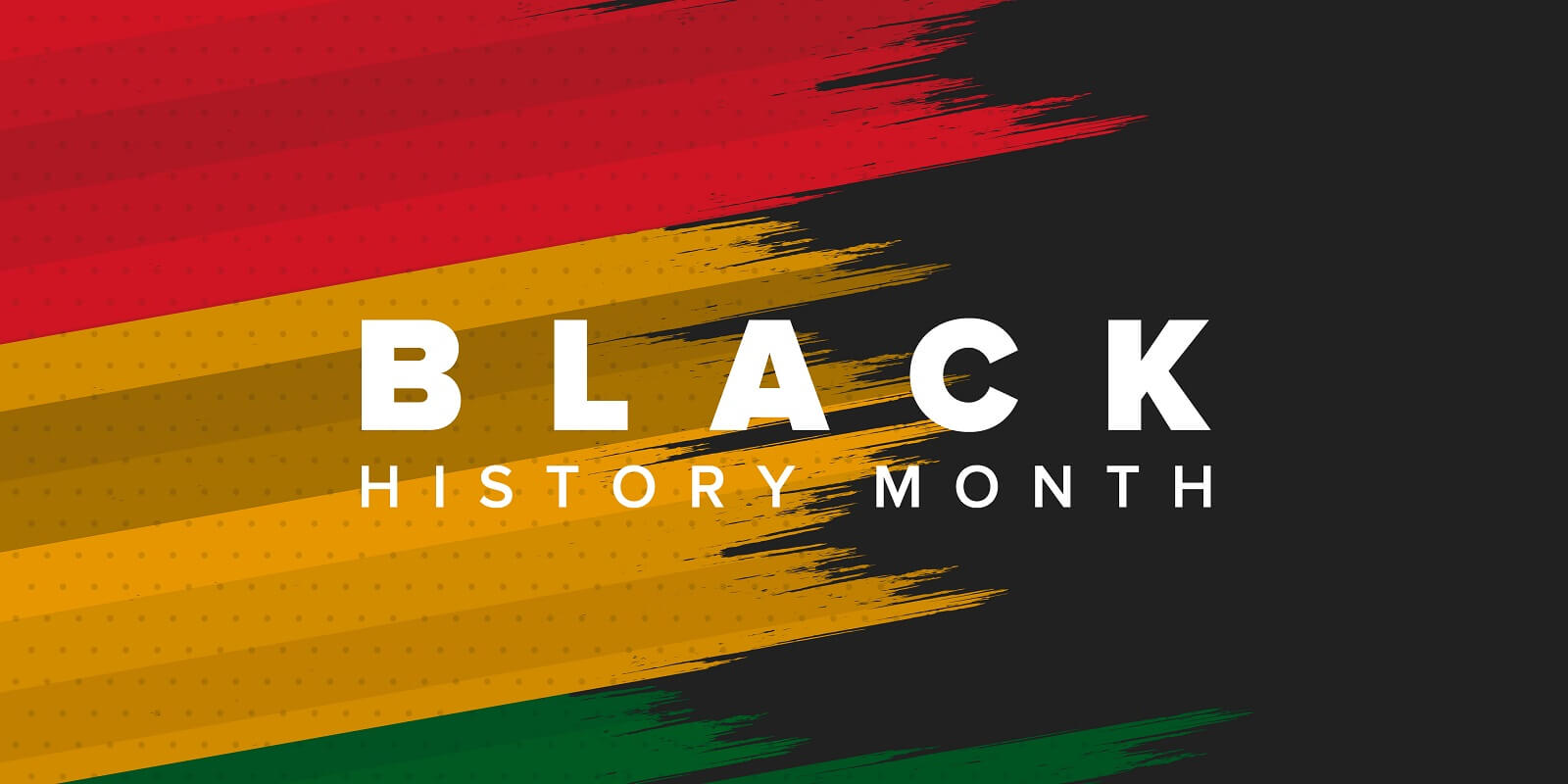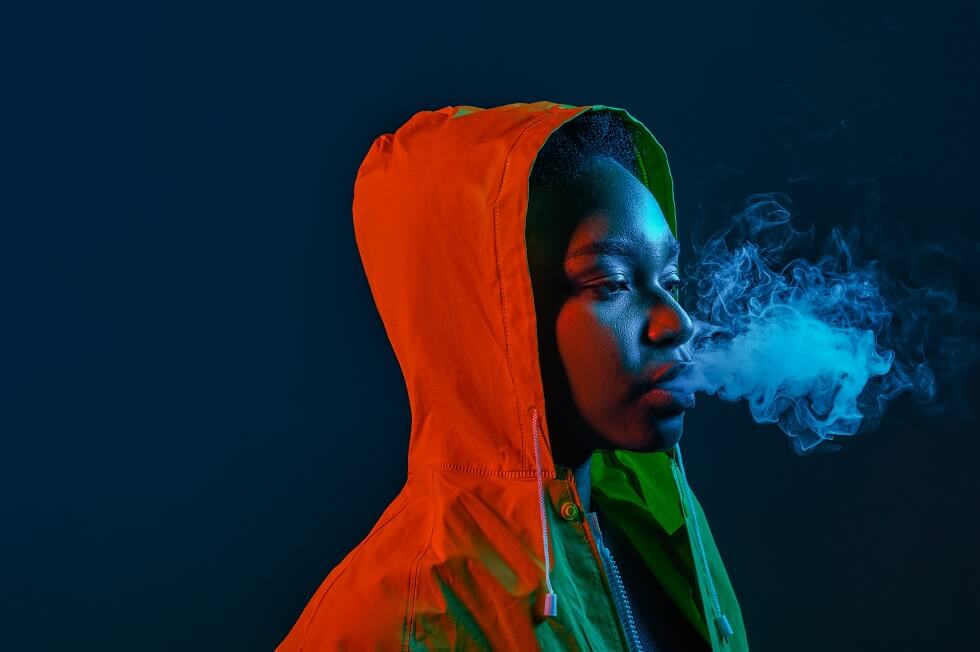How to Host a Cannabis Edibles Tasting Party In Boston
June 16, 2025Cannabis edibles are one of the most popular ways to enjoy weed nowadays, but if you’re looking to spice things up, consider inviting some friends....

The United States is currently undergoing a cultural revolution that has seen cannabis products become more widely accessible than ever before. However, legal changes have not yet kept pace, and marijuana is experiencing nebulous legality depending on the state.
While President Biden issued an executive pardon for federal convictions of marijuana possession on October 6, 2022, this does not change the fact that certain communities are more impacted by the consequences of cannabis prohibition.
In fact, the Black community remains disproportionately affected. Here’s what you need to know about why the attitude toward cannabis has resulted in past racial injustice, how that’s still happening today and what we can do to change it.

Cannabis has been around for thousands of years—in fact, it’s believed that the first cannabis harvests occurred as early as 500 BCE somewhere in Central Asia. It was quickly transported around the region and found favor in India and the Middle East, which is historically notorious as the world’s foremost hub of trading. From there, it wasn’t long until cannabis had made its way to Africa, and by the 1200s, such transports were common.
When the British began sailing with their servants in the 1800s, those servants—who had accessed cannabis within their own cultures for hundreds of years—brought marijuana with them into the Caribbean and Jamaica.
From 1833 onward, enjoyment of cannabis became more and more strongly incorporated into the everyday lives of the Black community as Jamaican field workers and former slaves settled and established their own cultural communities.
When Caribbean and African immigrants entered the United States, they brought their cannabis with them, introducing marijuana to the U.S. as a primarily Black recreation. Black Americans had been exposed to marijuana for generations at this point, with their grandparents and even great grandparents carrying memories of their enslavement on hemp fields.
When the first Federal Bureau of Narcotics (FBN) turned its eye to cannabis following the fall of alcohol prohibition, its commissioner Harry Anslinger keyed in on the Black community.
He demonized jazz—a largely Black cultural gem—and disclosed in his private memos that he believed “many among the jazzmen think they are playing magnificently when under the influence of marihuana, but they are actually becoming hopelessly confused and playing horribly.”
His war against marijuana and jazz brought down ire upon the Black community. As the 1970s rolled around and Nixon started the War on Drugs, this residual racist messaging toward the Black community and marijuana remained, and it still does today.
In fact, studies show that cannabis use is generally equal across racial typing. Despite this, Black people are 3.73 times more likely to encounter police action or be arrested in connection to cannabis.
Given that the Black community is already predisposed to face the highest mortality rate due to police violence (about one in 1000 Black men die at the hands of police), cannabis prohibition has always unduly targeted Black individuals thanks to its racist origins.
The good news is that things are slowly starting to change. More and more states are legalizing cannabis for recreational and medical use, and even more are establishing reciprocity rules that allow out-of-state individuals to shop dispensaries there. With this comes an increase in positive participation from the Black community as well, with more cannabis businesses owned by people of color than ever before.
These significant changes mark a turning point in how Black communities are viewed in relation to cannabis. As the product becomes more accepted and available, some of the stigma surrounding its use—especially by or connected to Black individuals—is going down. This helps to keep people safe and can slowly work to undo some of the historic racism so deeply rooted in the use of cannabis.
However, in order to truly see permanent progress, more minorities will need to continue to step up and become leaders in their communities’ cannabis scene. That’s why consumers should make a deliberate choice to support Black-owned dispensaries whenever possible.
Cannabis prohibition has caused untold harm to the Black community over hundreds of years of history. But that’s changing now. Pure Oasis is proud to be the first minority-owned dispensary on the east coast. We are a Black-owned business that takes pride in offering high-quality cannabis products to our community.
Whether you are exploring your marijuana options for the first time or simply looking for a dispensary you can trust, Pure Oasis can help. .
Are you at least 21 years old?